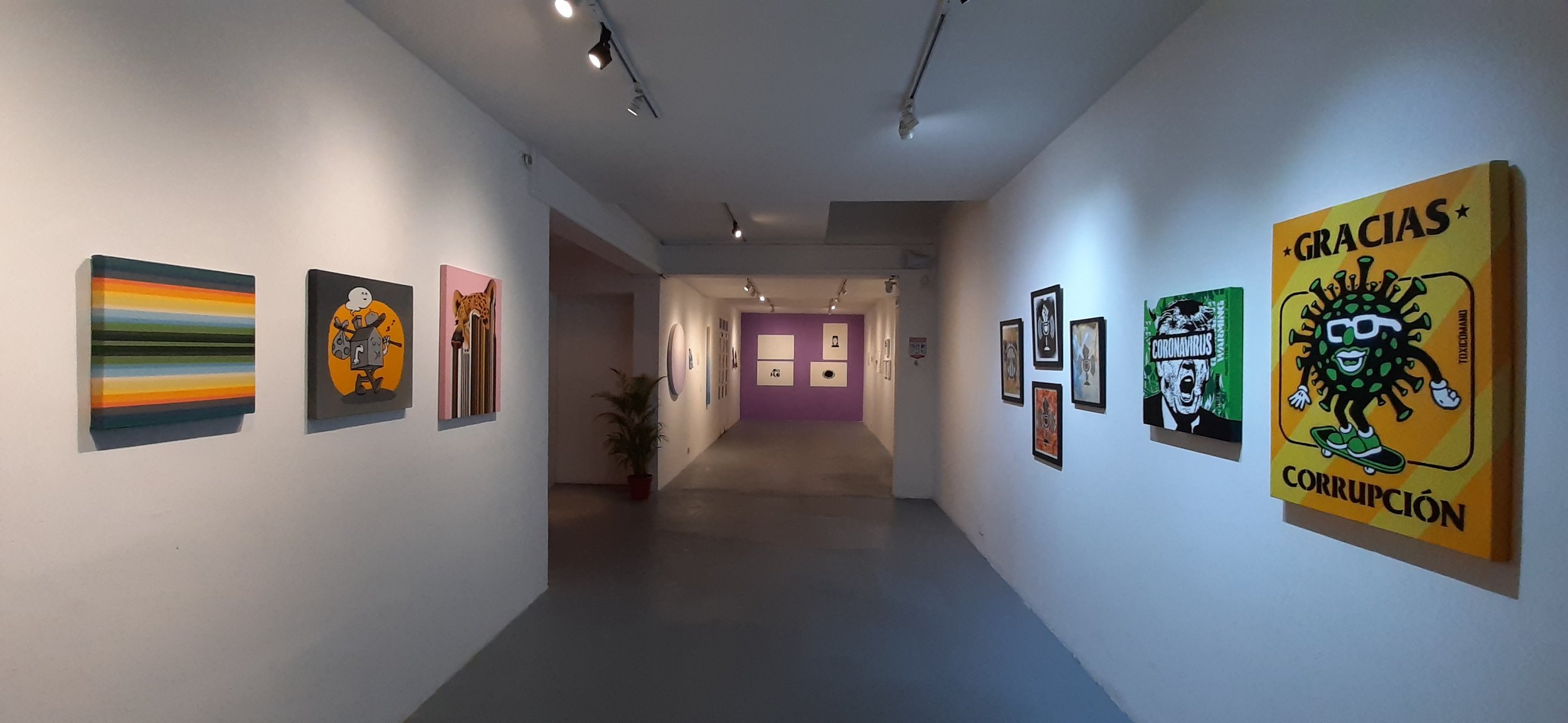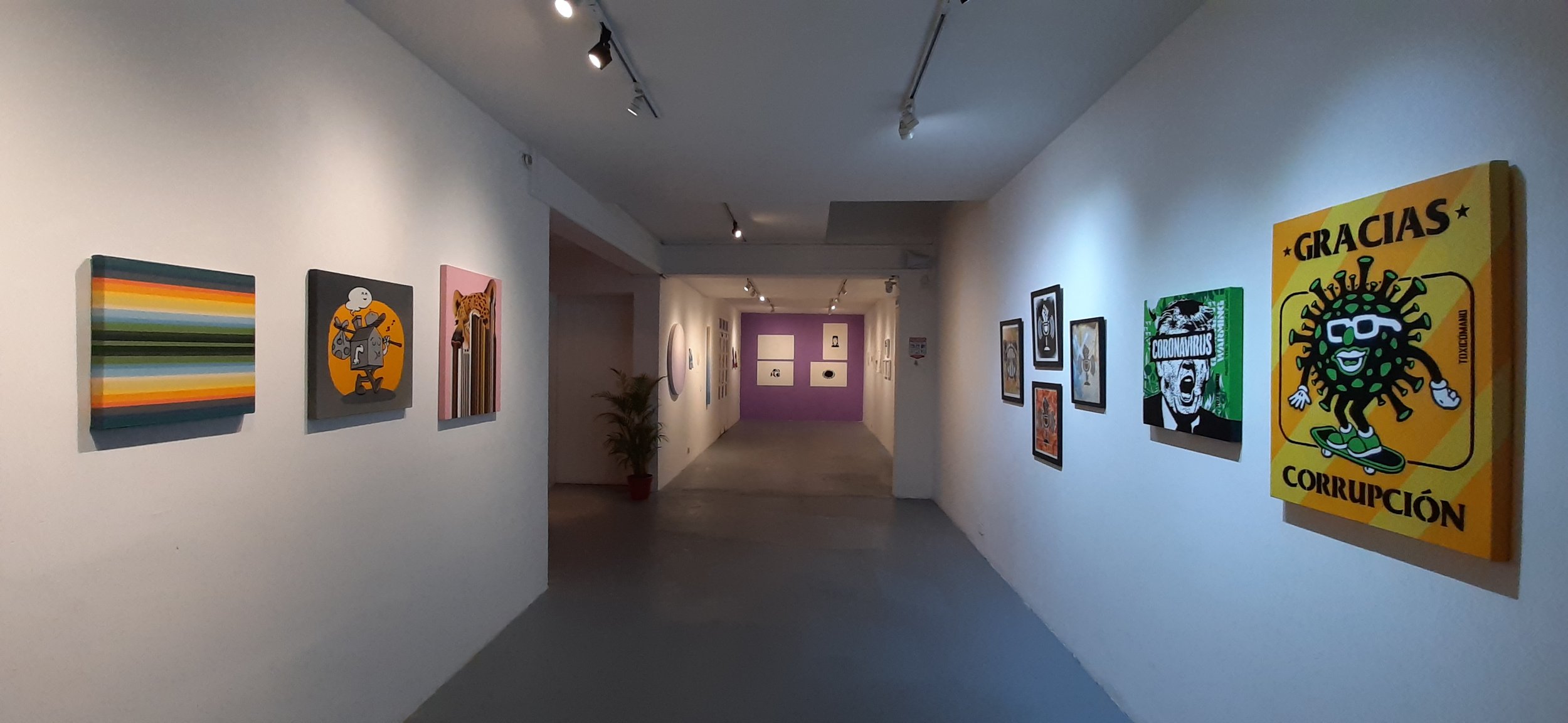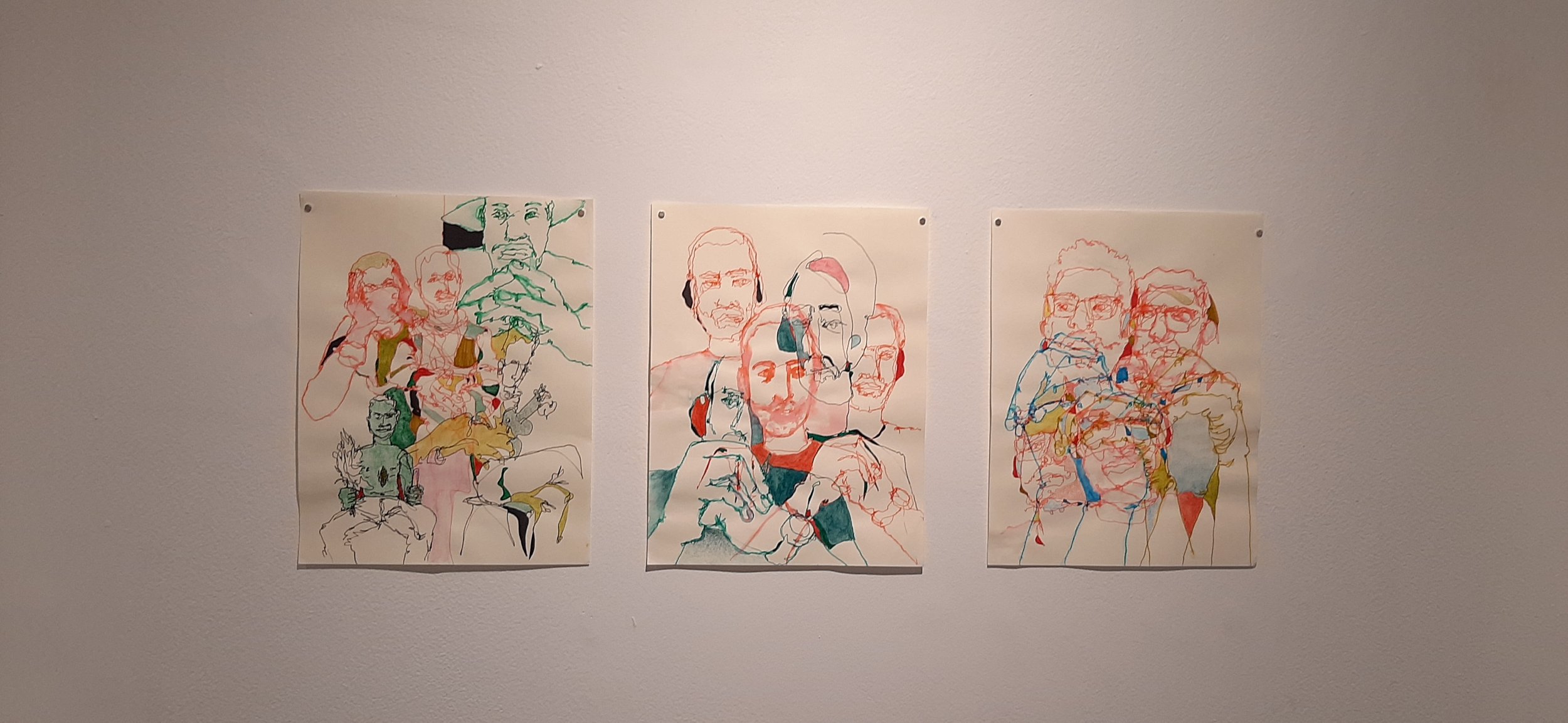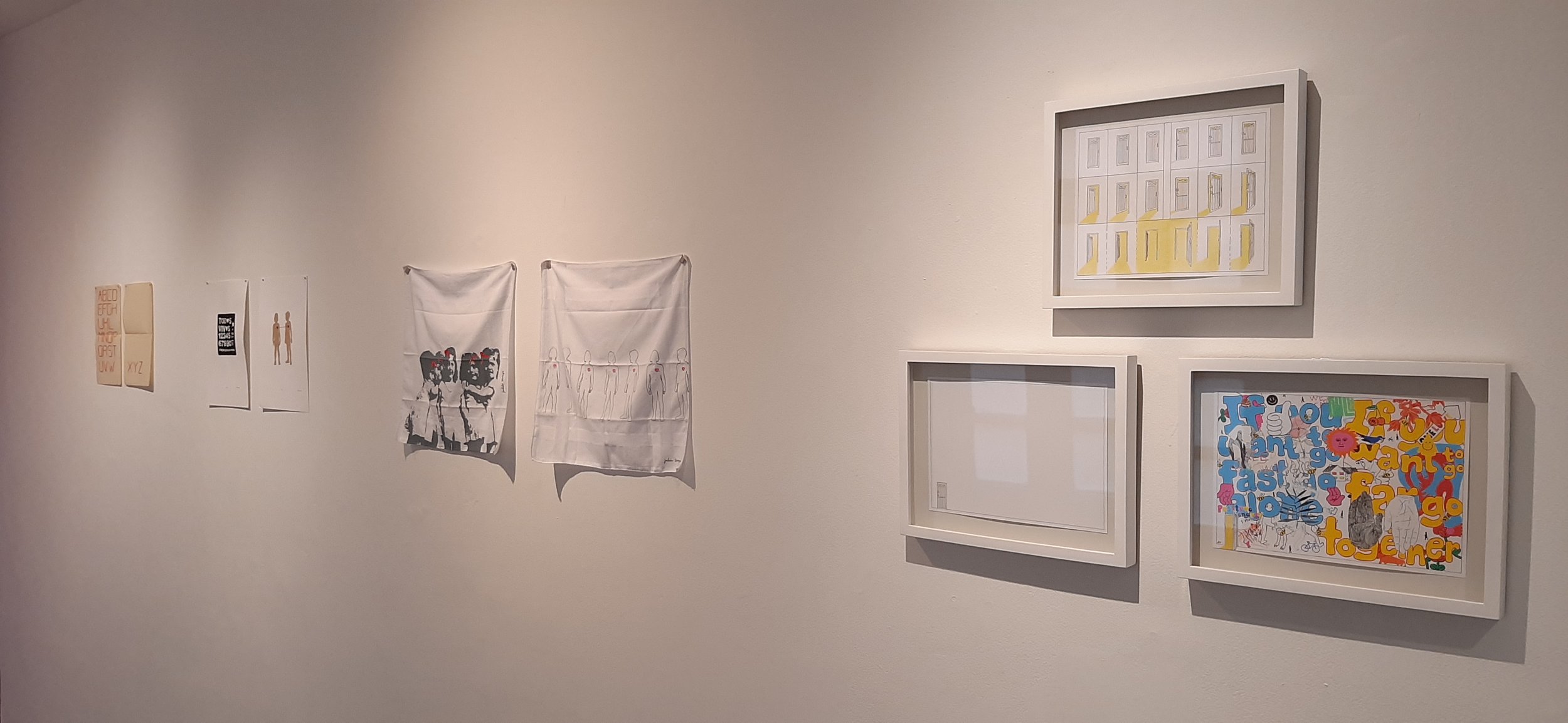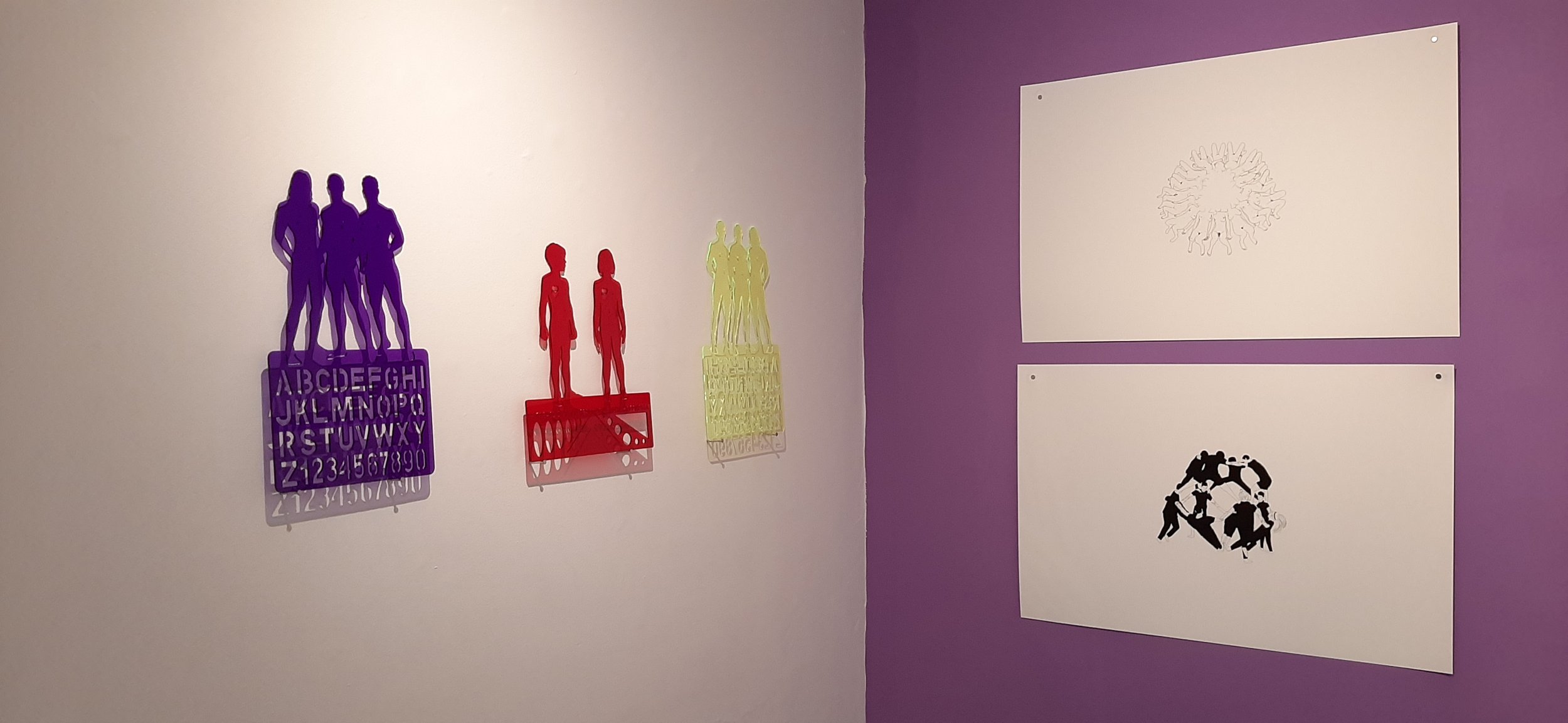El sol siempre es el mismo
Simultaneous exhibition - Muestra simultánea : Bogotá & Medellín
Together with - en colaboración : Policroma Galería
Mariángela Aponte - Toxicómano Callejero - Víctor Garcés - Chirrete Golden - DJLU Juegasiempre - Pablo López - Laura Mora - Juan Santiago Uribe - Julián Urrego
Henri Bergson, Nobel Prize for Literature in 1927, highlighted in his philosophical approaches that thanks to moral heroes such as Jesus, Socrates or Isaiah, the possibility of an open society was glimpsed, which does not contemplate exclusions or preferences due to family, racial or religious ties.
According to him, the morality of the closed society is conformist, impersonal and static. It is based on tradition and prejudice, creates taboos and stifles freedom. For his part, the morality of the open society is innovative, dynamic and non-conformist.
Until now, all societies have been closed, but the great moral teachers never cease to incite us towards the utopia of an open society, capable of welcoming everyone.
This collective and simultaneous exhibition between two galleries and nine artists explores a large number of realities that affect us as humanity and as a planet. At the same time, it seeks to find a valuable path towards the understanding of being as a living totality and in perpetual transformation, capable of changing the course of our historical acts.
The word Ubuntu comes from the Xhosa and Zulu proverb Umuntu, nigumuntu, nagumuntu, which translates “I am because we are”, a universal link of sharing that connects all humanity.
Ubuntu is the African philosophy on which Pablo López is based in Opening the door, “an act that implies letting in a new vision of the world and at the same time letting ours out to meet it. Remove those barriers and allow the outside and the inside to blend and become a single entity.”
In this line, the artist Mariángela Aponte made, during the confinement of this pandemic, spoken portraits, a series of drawings while holding virtual conversations with more than 40 people in different parts of the world and to whom she asked a fundamental question: How do you feel?
A question that connects with Laura Mora's projects: The sun is always the same and Flow. “We all always see the same sun, but we all feel it differently”. For Laura, despite the heaviness of the situation, the difficulties, the isolation and loneliness, we find ourselves united by what we are all experiencing, appropriating the situation and letting the present take us. Dawn can be seen as a beginning. Not as zeros, but as a continuity of what we already know that, in a new day, we can see (and do) differently.
For his part, the work of Juan Santiago Uribe is a collage of the different realities and worlds that function as visual comments about the different human behaviors.
We went from philosophies originating in Europe and Africa, to locate ourselves in the Sierra Nevada de Santa Marta and turn to the knowledge of the Arhuacos: “We were all created together. This world is our collective home.”
Julián Urrego cites Álvaro Restrepo Hernández in his project Regla, a wake-up call to our country: “The aggression and death of any Colombian, no matter what his condition, is an irreparable tragedy and human capital wasted. The body that violates is as much a victim as the body that is violated.”
For his part, Víctor Garcés speaks of free will and reminds us of Bergson's philosophy, who affirms that open morality is born of love and establishes an inalienable horizon.
Returning to the Arhuaca ideology, this indigenous group believes that the forest is the representation of all the people and things that have ever existed. They perceive that the good energy of mother earth has diminished. "Every time we cut down a tree, we create an imbalance on the earth," the Arhuacos say in the documentary A Call to the Heart, co-directed by Harun Güler, Michael DiFranco, McCarney and Erick Flores.
Deforestation and human activity represent the most important threats to the survival, not only of the forest, but also of species in danger of extinction, which Chirrete Golden proposes in his paintings such as the Jaguar and the White-headed Titi Monkey.
The Arhuacos believe that if their sacred area dies, so will the rest of the planet: “We are running out of time. If we do not abide by the original law, we will change weather patterns, develop other diseases, and dissonance among humanity.”
According to Arhuaca beliefs, the original law says that we must nurture our planet and protect our collective home. "Together, we must begin a new level of respect for our land."
DJLU Always play with La Voz del Pueblo, merge a microphone and a fist. A proposal that invites us to empower ourselves and spread a message of creativity and positivism. This work reveals the semiotic power from the graphic collision to generate signs around various situations. More than a call, it is a cry: ¡Pa’lante!, as illustrated by Toxicómano Callejero.
Paula Builes
……………………….
Henri Bergson, Nobel de literatura en 1927, resaltó en sus aproximaciones filosóficas que gracias a héroes morales como Jesús, Sócrates o Isaías, se atisbó la posibilidad de una sociedad abierta, que no contempla exclusiones o preferencias por vínculos familiares, raciales o religiosos.
Según él, la moral de la sociedad cerrada es conformista, impersonal y estática. Se basa en la costumbre y el prejuicio, crea tabúes y ahoga la libertad. Por su parte, la moral de la sociedad abierta es innovadora, dinámica e inconformista.
Hasta ahora, todas las sociedades han sido cerradas, pero los grandes maestros morales nunca dejan de incitarnos hacia la utopía de una sociedad abierta, capaz de acoger a todos.
Esta muestra colectiva y simultánea entre dos galerías y nueve artistas, explora un amplio número de realidades que nos afectan como humanidad y como planeta. Al mismo tiempo, busca encontrar un valioso camino hacia la comprensión del ser como totalidad viviente y en perpetua transformación, capaz de cambiar el curso de nuestros actos históricos.
La palabra Ubuntu viene del proverbio xhosa y zulú Umuntu, nigumuntu, nagumuntu, el cual traduce “soy porque somos”, un enlace universal de compartir que conecta a toda la humanidad.
Ubuntu es la filosofía africana en la que se basa Pablo López en Abrir la puerta, “un acto que implica dejar entrar una visión nueva del mundo y al mismo tiempo dejar salir la nuestra al encuentro. Remover esas barreras y permitir que el afuera y el adentro se mezclen y se conviertan en una sola entidad”.
En esta línea, la artista Mariángela Aponte realizó durante el confinamiento de esta pandemia Retratos hablados, una serie de dibujos mientras sostenía conversaciones virtuales con más de 40 personas en diferentes partes del mundo y a quienes les hacía una pregunta fundamental: ¿Cómo te sientes?
Una pregunta que conecta con los proyectos de Laura Mora: El sol siempre es el mismo y Fluir. “Todos vemos siempre el mismo sol, pero todos lo sentimos diferente”. Para Laura, a pesar de la pesadez de la coyuntura, las dificultades, el aislamiento y la soledad, nos encontramos unidos por lo que todos estamos viviendo, apropiándonos de la situación y dejando que el presente nos lleve. El amanecer puede plantearse como un comienzo. No de ceros, sino como una continuidad de lo que ya conocemos pero que, en un nuevo día, lo podemos ver (y hacer) diferente.
Por su lado, el trabajo de Juan Santiago Uribe es un collage de las diferentes realidades y mundos que funcionan como comentarios visuales acerca de los diferentes comportamientos humanos.
Pasamos de filosofías originadas en Europa y África, para localizarnos en la Sierra Nevada de Santa Marta y acudir al conocimiento de los arhuacos: “Todos fuimos creados juntos. Este mundo, es nuestro hogar colectivo.”
Julián Urrego cita a Álvaro Restrepo Hernández en su proyecto Regla, un llamado de atención a nuestro país: “La agresión y muerte de cualquier colombiano, no importa cuál sea su condición, es una tragedia irreparable y es un capital humano malgastado. El cuerpo que violenta, es tan víctima como el cuerpo violentado.”
Por su parte, Víctor Garcés habla del libre albedrío y nos recuerda la filosofía de Bergson, quien afirma que la moralidad abierta nace del amor e instituye un horizonte irrenunciable.
Volviendo a la ideología arhuaca, este grupo indígena cree que el bosque es la representación de todas las personas y cosas que han existido. Ellos perciben que la buena energía de la madre tierra ha disminuido. “Cada vez que cortamos un árbol, creamos un desbalance en la tierra”, cuentan los arhuacos en el documental Un llamado al corazón, codirigido por Harun Güler, Michael DiFranco, MCCarney y Erick Flores.
La deforestación y la actividad humana representan las amenazas más importantes para la supervivencia, no solo del bosque, sino también de especies en vía de extinción, que Chirrete Golden propone en sus pinturas como el Jaguar y el Mono Tití cabeciblanco.
Los arhuacos creen que, si su área sagrada muere, morirá también el resto del planeta: “Nos estamos quedando cortos de tiempo. Si no nos regimos por la ley original, cambiaremos patrones del clima, desarrollaremos otras enfermedades, y una disonancia entre la humanidad.”
Según las creencias arhuacas, la ley original dice que debemos nutrir nuestro planeta y proteger nuetro hogar colectivo. “Juntos, debemos empezar un nuevo nivel de respeto para nuestra tierra.”
DJLU Juegasiempre con La Voz del Pueblo, fusiona un micrófono y un puño. Una propuesta que invita a empoderarnos y a expandir un mensaje de creatividad y positivismo. Esta obra revela el poder semiótico a partir de la colisión gráfica para generar señalamientos en torno a diversas situaciones. Más que un llamado, es un grito: ¡Pa’lante!, como lo ilustra Toxicómano Callejero.
Paula Builes
